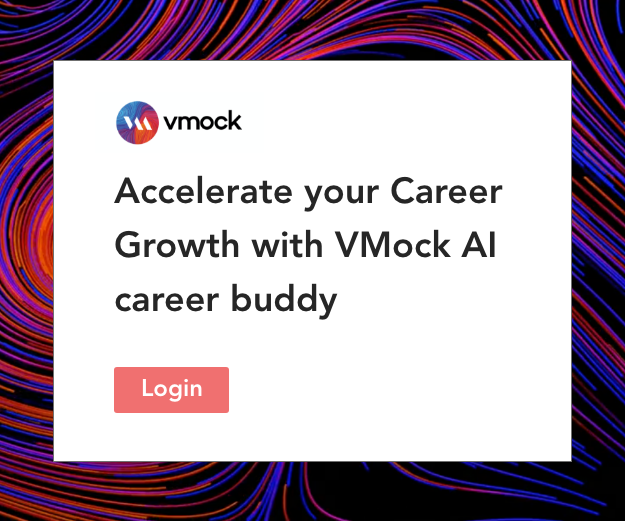There are only three measurements that tell you nearly everything you need to know about your organization’s overall performance: employee engagement, customer satisfaction, and cash flow. – Jack Welch
The shape of workforce demographics has undergone a vast shift in the recent decade, globally- it’s a millennials age! Understandably, career aspirations, interests and trajectories have seen a marked transformation as a result of heightened global connectivity and the significant rise of a segment of job seekers known as the ‘Millennial Generation’. As per recent estimates, they are projected to comprise close to 40% of the global workforce by 2020. The Gen ‘Y’ and ‘Z’ as they are fashionably referred to, have steadily become a formidable force, to influence key business decisions ranging from marketing strategies to product-design to employee retention. They are a distinct lot which is vocal about what it values and more importantly, what it does not. Their view of the world, in that, how they perceive an inherent benefit of a product as consumers, to how they assess the meaning of their work as employees-cannot be discounted. It is absolute prudence to account for their desires, views and decisions in all aspects of business.
The corporate world in its effort to stride forward in a wildly changing environment needs to reinvent and adapt its way of engaging with this sizeable population. For, they are no longer a potential group to reach out to, rather the core that is increasingly assuming leadership roles. The common and a tad unfair perception that is often attributed to this group is that they place undue importance on perks and gaining recognition. This generalization tends to overlook the values that this generation likes to prioritize on, to achieve success and make a contribution. Successive surveys and studies in the recent past point that millennials in the workplace prefer to work in roles where they are challenged to lend innovation and informed about the larger impact of their efforts to the organization and society at large. This generation is gradually setting a precedent as being the most educated, informed and driven than ever. They regard compensation as an outcome of their effort and not an overriding factor for making career choices. They are accustomed to interacting, real-time, with peers, friends and family over a range of subjects via multiple virtual channels ranging from Skype videos to shared documents on the cloud. Naturally, they are a bit wary of being confined to a physical space or schedule to deliver results. They define efficiency as a process which allows for flexibility in workspaces, schedules and even thought. They earnestly seek feedback and refrain from ‘groupthink’.
In other words, the millennial generation is eager to venture into career zones that increasingly represent who they are. Zones which foster employee motivation and allow them to pursue meaningful passions outside of work while offering enough engaging reasons to be their professional best.
Corporations clearly have their work cut-out for addressing the concerns and aspirations of this pool of talent. So what must organizations do in this respect?
Foster Collaborative Work Environments: Organizations that allow for cross-functional collaboration among employees at all levels stand to gain incredible benefits in terms of innovation and creative problem-solving. As per a recent report, 74% of respondents expressed a desire to work in collaborative groups. An environment that is conducive to unrestrained brain-storming and open discussion accelerates employee morale. In addition, companies that are inclusive in their approach for inviting ideas help in trust-building. Google for instance, has a formal policy that allows employees to spend 20% of their time on things outside of their direct function.
Sound Leadership that Facilitates Flexibility and Clear Communication: Companies that assign due importance to clear and open channels of communication as well as encourage autonomy in decision-making would keep themselves in good stead. Organizations where there is a seamless exchange of information and ideas nurture trust and understanding among team members. Managers that allow their reports to own their careers by granting access to various avenues for experimentation command the loyalty of engaged teams. In addition, millennials need to know what they are accountable for. Such companies where decision-making is not concentrated in higher ranks facilitate creativity that results in unprecedented efficiency. Leaders need to understand that the responsibilities of their team members need to be absolutely in sync with the strategic vision. This is only possible if an active and deliberate effort is made in communicating the broader goals of the company. Transparency in the overall goals and decisions breeds trust and loyalty like nothing else. Rob Markey, of Bain & Company mentions, autonomy as a significant driver of millennial engagement, in this HBR report, “top managers need to open up the decision-making authority, allowing power and responsibility to be decentralized from headquarters out into individual teams”.
Define a Sense of Purpose: Millennials have the urge to know what the organizations that they are a part of, stand for. They want to have a clear picture of this organizational identity. This means recognizing the true value of the products and services that the organization offers to the consumer. Thus, they have a wider perspective that extends beyond the realm of their immediate task or job role. Southwest Airlines, a company that is revered for its customer service and deeply satisfied employees advocates this completely. Zappos, another company, that features high in the list of organizations with highly engaged employees stipulates a singular, company-wide message of customer-service that “WOWs”. In addition, millennials as a generation, is far more conscious of the impact the organization intends to directly and indirectly make on society. As an employer, the initiatives that your company undertakes to reach out to the underprivileged not only builds your reputation as a company but also attracts you to the best talent. Salesforce, for example, offers 8-days of paid leave to its employees to pursue volunteering opportunities for causes of their choice.
Offer Professional Development Opportunities: Millennials ardently seek feedback and mentorship. They regard their managers as coaches or mentors. They are encouraged to deliver beyond expectations when they are provided a clear path of career progression in terms of an expansion of their skillset and knowledge. Companies proactive in creating channels for furthering professional development-be it ‘rotation programs’ or internal mentorship programs or job shadowing opportunities would stand to earn continued loyalty from its employees.
Fostering employee engagement can mean many things. It can be manifested through pool tables and gym rooms, but mostly it is represented by valuing what your employees value-consciously. And it does not need to be at the expense of business fundamentals. For, it is in the interest of business that the high-performing employees are happy and engaged. Companies that consistently do well on employee satisfaction and engagement like Amazon, Linkedin, Google, Tesla, Dreamworks, do so because they have integrated employee engagement as an integral part of their performance metrics. Amazon, for instance, offers six-week paid leave, known as ‘leave share’ to employees whose spouses or partners work in companies that don’t offer such extended leaves. Companies that would willingly embrace such policies without viewing it as an additional risk would be the leaders as far as enticing the best talent is concerned.





